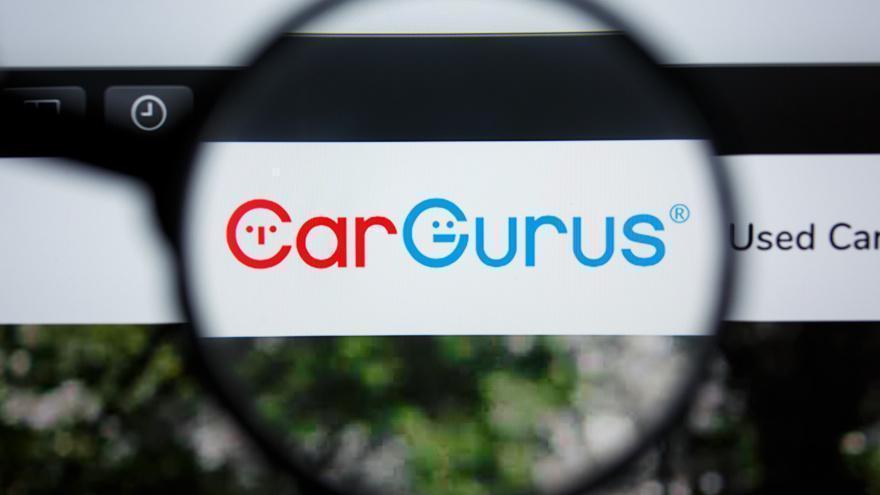CarGurus focused on tackling challenges in wholesale operations

Photo credit: II.studio / Shutterstock.com
By subscribing, you agree to receive communications from Auto Remarketing and our partners in accordance with our Privacy Policy. We may share your information with select partners and sponsors who may contact you about their products and services. You may unsubscribe at any time.
CarGurus chief executive officer Jason Trevisan said the company’s third-quarter financial metrics “fell short of the low end of our guidance range” as the company did not adapt its wholesale operations to what Trevisan described as “rapidly evolving macro market challenges.”
He said the shortfall was driven exclusively by the company’s digital wholesale business.
However, the comapny is “maniacally focused on fixing those issues and serving our wholesale customers well,” Trevisan said.
Drilling down into the wholesale challenges, unpredicted intra-quarter volatility affected that business, and that volatility got worse as the third quarter progressed, Trevisan said. That included a decline in used-car retail demand and wholesale volumes and somewhat rapid wholesale unit price declines, Trevisan said.
Market volume and unit price declines resulted in compressed wholesale transaction volumes and sell-through rates within the CarGurus’ dealer-to-dealer and Instant Max Cash Offer businesses. Higher arbitration rates during the third quarter were an additional result.
The company also identified operational issues within its CarOffer business, which Trevisan said provided a negative impact to an already-tough dynamic.
Subscribe to Auto Remarketing to stay informed and stay ahead.
By subscribing, you agree to receive communications from Auto Remarketing and our partners in accordance with our Privacy Policy. We may share your information with select partners and sponsors who may contact you about their products and services. You may unsubscribe at any time.
“Simply put, the processes and operations, which worked well in a rising wholesale price environment, were not effective enough in a declining price environment,” Trevisan said.
Before providing more detail on the report on CarOffer, Trevisan said the company’s foundational listings business continued to show value, innovation, resiliency and growth.
“Though dealer behavior during these difficult times has varied based on each dealer’s individual business needs and objectives, we grew our listings revenue and exceeded our expectations for the quarter,” Trevisan said.
But Trevisan expanded on CarGurus’ challenges with its digital wholesale business, citing data showing wholesale prices for used vehicles declining dramatically by approximately 7% from the end of June to September.
“Throughout this period, transaction conversion rates also declined, as dealers faced greater price uncertainty, and rental fleet participation as anticipated remained relatively muted during the quarter,” Trevisan said.
In a declining market, dealers are more likely to arbitrate a vehicle, and Trevisan said the company did not have “rigorous processes” in place to manage arbitration and loss effectively for the quarter.
“Digital wholesale grew tremendously as dealers and rental fleets faced inventory challenges due to the semiconductor chip shortage,” Trevisan said. “Because of this, we over-indexed on meeting the needs of rental fleets as they bought aggressively in a rising price environment.”
He said the company is readjusting its operations to support dealers regardless of rental fleet participation to “better balance our concentration in the future.”
The wholesale market trends for the quarter caught CarGurus by surprise and exposed weaknesses in its operations, Trevisan said.
“And we are maniacally focused on fixing those issues and serving our wholesale customers well, but we don’t believe that this quarter’s results should alter our longer-term strategic view or our ability to realize it,” he said.
Because of those challenges, the company’s focus at CarOffer has been mainly operational and execution-based, Trevisan said, noting that unique buyers on the platform grew by mid-single digits for the quarter as the company’s emphasis was on sell-through rates, arbitration mitigation and increasing productive activity from existing dealers.
“We expect that this strategic focus of activating dealers and thereby growing transactions per dealer will bolster our digital wholesale business once macro and operational challenges subside,” he said.


